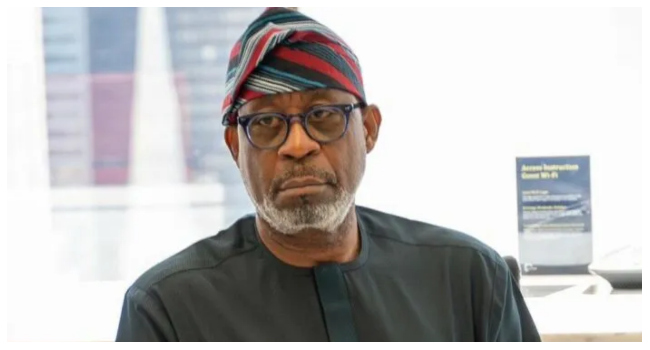Death Row Prisoner Acquitted After 46 Years, Evidence Found to be Fabricated
A historic verdict has been delivered in Japan, as Iwao Hakamada, the world’s longest-serving death row prisoner, has been acquitted of murder charges. The 88-year-old former boxer has spent 46 years behind bars, with his conviction based on fabricated evidence. The Japanese court’s decision comes after a decade-long campaign by supporters and a retrial granted in 2014.
Hakamada’s sister, Hideko, who often speaks on his behalf, was overcome with emotion outside the Shizuoka District Court, where the verdict was delivered. "Everyone – we won the acquittal, it’s all thanks to your support," she said, her voice cracking with emotion.
The court’s ruling revealed that investigators had tampered with clothes by getting blood on them, which they then hid in a tank of miso, or fermented soybean paste. The prosecution’s records were also obtained through inhumane interrogations, which resulted in a false confession. The court slammed the use of these tactics, saying they infringed on Hakamada’s right to remain silent.
Hakamada’s acquittal is the fifth in Japan’s post-war history, with all previous cases resulting in exonerations. His lead lawyer, Hideyo Ogawa, described Hakamada’s decades-long detention as "too long" and said that the fact the judge found falsification on three major issues was a significant milestone.
The case has sparked widespread scrutiny of Japan’s criminal justice system, with many calling for reforms. Atsushi Zukeran, a supporter of Hakamada, said the case was a painful reminder of the need for change. "Japan is the only major industrialized democracy to retain capital punishment, and this case shows that the system is broken," he said.
Hakamada’s case is just one example of Japan’s "hostage justice" system, where defendants are coerced into confessing through brutal interrogations. Amnesty International said Hakamada had endured almost half a century of wrongful imprisonment and 10 years of waiting for his retrial. The organization hailed the verdict as an important recognition of the profound injustice he endured.
For Hakamada, the verdict brings a sense of closure, but it may be too late to undo the damage of his years-long imprisonment. His battle for justice has been a long and arduous one, but it has finally led to the recognition of his innocence.



